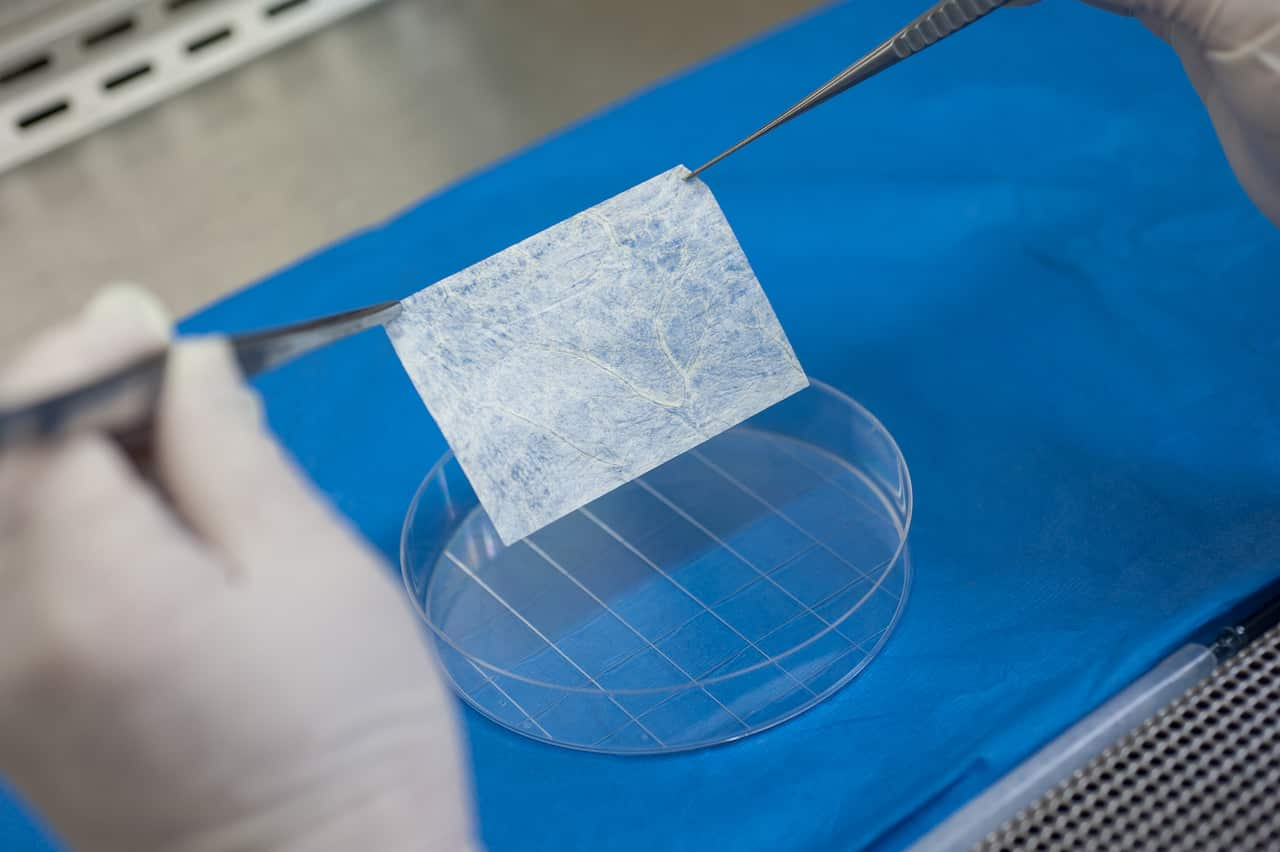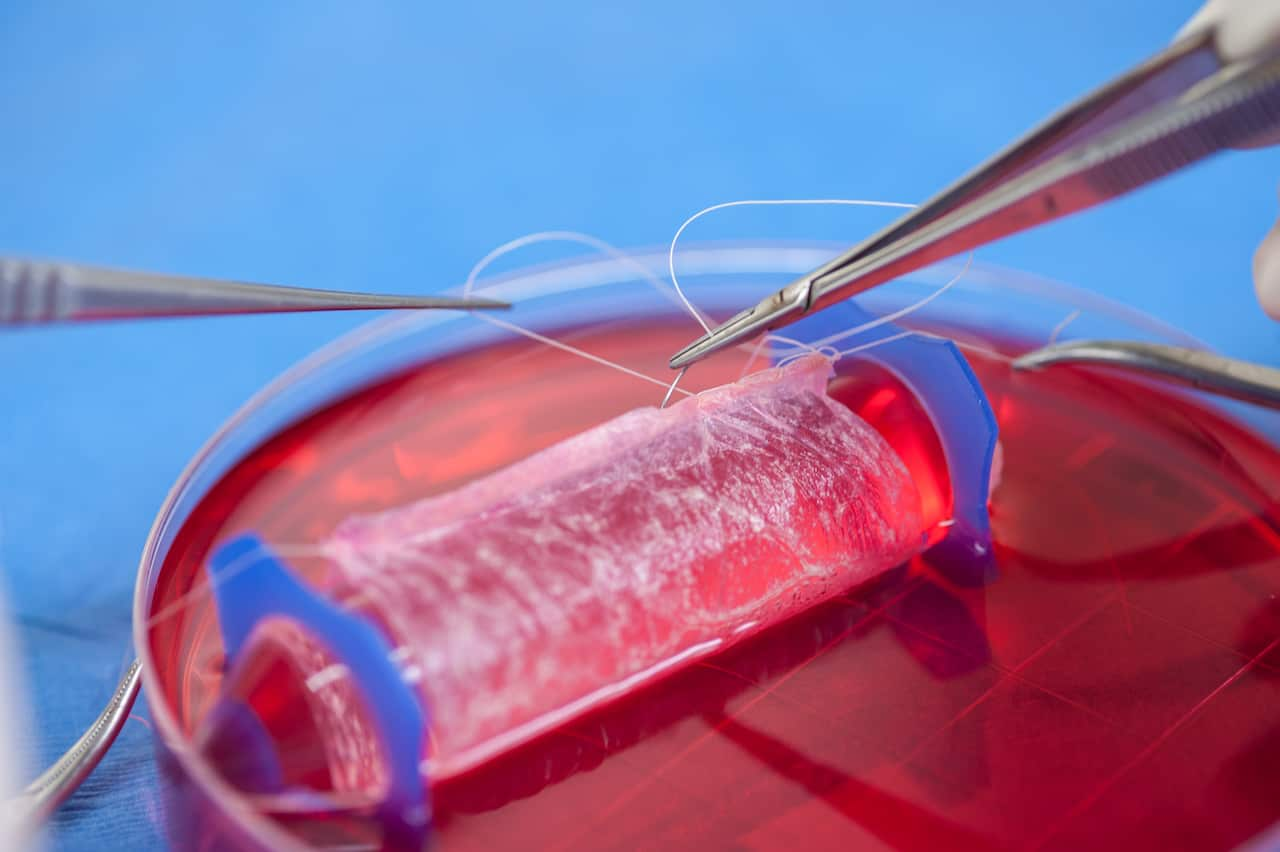Scientists have successfully implanted laboratory-grown vaginal organs into four teenagers who had underdeveloped or absent vaginas and uteruses.
Researchers in the United States and Mexico, using a sample of vulvular tissue from each patient, grew smooth muscle cells and vaginal lining cells on vagina-shaped scaffolds.
The engineered vaginas grew as the girls grew and have a normal vaginal wall. The recipients are sexually active, report no pain and are satisfied with their sexual desire, lubrication and orgasm.
The study appears in the medical journal The Lancet. The long-term results of the implants are excellent, the journal reported.
According to the study: "Vaginal organs, engineered from the patient's own cells and implanted, showed normal structural and functional variables with a follow-up of up to 8 years."

Eight years ago, four teenagers between 13 to 18 underwent revolutionary treatment to correct Mayer-Rokitansky-Kuester-Hauser syndrome, a rare disorder that causes the vagina and uterus to be underdeveloped or absent.
One of the patients, who didn’t want to be unidentified, said she felt the treatment had given her a “normal life”. The young woman was diagnosed with the syndrome at 18.
“I was informed about other procedures for this syndrome and it was unbelievable that it could be done in a lab,” she said in an interview with Metropolitan Autonomous University in Mexico City, Mexico where the surgeries were performed.
“When I discovered that there was this possibility available to me I was very happy.
“For me to be able to have the surgery, I feel very fortunate because I can have a normal life… It is important to let other girls that have the same problem know that it does not end knowing that you have the disease because there is a treatment and you can have a normal life.”
A research team led by Anthony Atala, director of Wake Forest Baptist Medical Center’s Institute for Regenerative Medicine, grew the vaginal organs from the teenagers’ own cells.
“We take a very small piece of tissue of the patient, less than half the size of a postage stamp,” said Dr Atala in an interview with Metropolitan Autonomous University. “We then tease the cells apart and then grow the cells separately.”
The team extracted epithelial and muscle cells (the cells that line the body’s cavities) from the tissue, before expanding and placing the cells onto biodegradable “scaffolds” which are hand-sewn into a vagina-like shape.

The scaffold is then placed in an incubator for the cells to mature.
“We put it into an oven-like device that has the same conditions as a human body, so the tissue can mature before we implant it back into the human body.”
Two of the four women have a functional uterus, but it is unclear whether they will be able to have children.
"They haven't tried," says Dr Atala, "but they can ovulate, so there is no reason to suspect that they cannot."
He said the surgeries are an example of how regenerative medicine can improve lives for the better.
“This pilot study is the first to demonstrate that vaginal organs can be constructed in the lab and used successfully in humans,” said Atala in a statement.
“This may represent a new option for patients who require vaginal reconstructive surgeries. In addition, this study is one more example of how regenerative medicine strategies can be applied to a variety of tissues and organs.”

